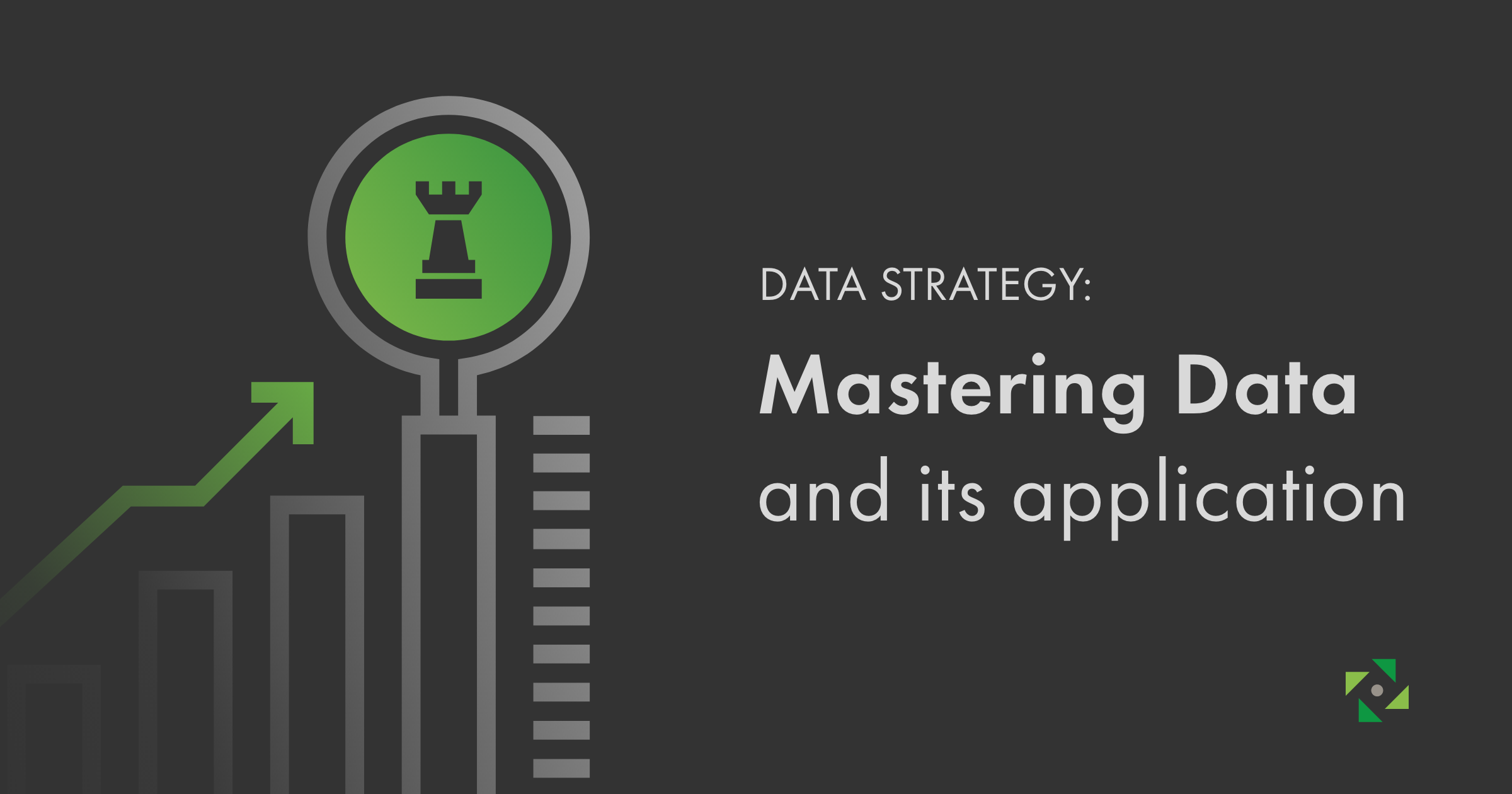In today’s competitive business environment, data is a most valuable currency. Successful businesses on the frontier of innovation and efficiency are the ones that conduct their day-to-day activities keeping data strategy a core element. On the other hand, there are also some businesses that have established data management practices and even have chief data officers (CDOs), but their operations do not reflect intelligent data insights.
Having a data management infrastructure and a CDO are initial steps, but businesses cannot achieve the full potential of data without a coherent data strategy to organize, govern, analyze, and deploy their information assets. Let’s take a closer look at what an optimized data strategy infrastructure can bring to an organization.
Data Strategy as a Tool for Decision Making
Gone are the days when business decisions were based on intuition, a gut feeling or the idea of what may or may not work. Data strategy-based decision making involves data in business decisions, where you gather historical data to extract trends, conduct a thorough analysis, and then make future business decisions based on research or what worked in the past and how effectively it is going to work in the future.
Business decisions always have some element of risk, but with data-oriented decision making, your business decisions become fact-based and less risky. In simple words, you are making decisions that worked effectively in the past, rather than opting for a “may or may not work” approach.
According to a recent Business Application Research Center survey, 91% of companies acknowledge that business growth is enhanced with data-driven decision making. But surprisingly, only 58% of companies said that their decisions are based on data. So, if you adhere to a data strategy and orient your business decisions based on data, then you are already gaining a competitive advantage.
Filling the Market Gap
Every highly successful business you can think of has achieved success milestones by filling some sort of market gap. For example, Netflix filled multiple market gaps in the past years. It started in mail-order movie rentals and today it’s a highly successful streaming service.
The success of a business is oriented around a market gap it is going to fill. But it’s not necessarily a simple thing to identify a market gap and launch a product/solution that addresses it. Data strategy can play a crucial role here. Data analytics can highlight to management the effectiveness of their product/solution in addressing the targeted market gap. It can provide intelligent insights on how the product/solution is going to fill in the market gap, and what are the possible pitfalls and chances for success.
Building a Data Roadmap
The majority of companies have multiple data management programs underway, such as data governance, metadata, data migration, master data management, data quality, data classification, data integration, data analytics, and similar others. Many of these initiatives are focused on one specific project or business goal. A data strategy empowers businesses to build a data roadmap that aligns all these data-centric activities in a way that they support and build on one another to maximize benefits.
Final Thoughts
No one can deny the value and intelligence a well-developed data strategy infrastructure brings to a business. From data collection and management to data analytics and deployment, data provides insights that open up more growth opportunities. In fact, businesses that aren’t considering data in decision making will be overtaken or left behind sooner. In a nutshell, business success in today’s data-driven era is highly influenced by how effectively it is considering predictive data analytics in business decisions and other operations.


